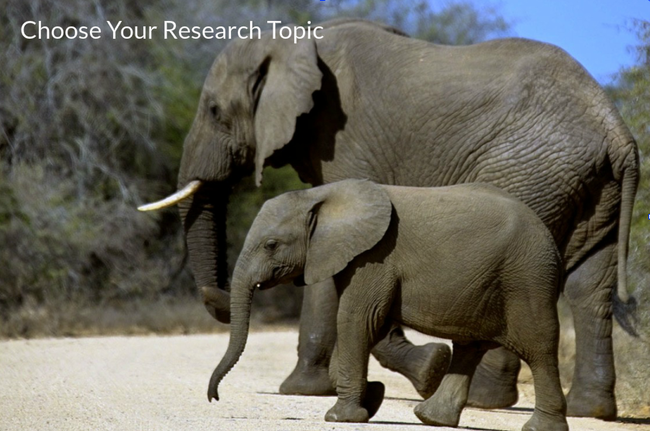Cluster: Key Ideas and Details.
Standard: Cite strong and thorough textual evidence to support analysis of what the text says explicitly as well as inferences drawn from the text, including determining where the text leaves matters uncertain.
Degree of Alignment:
Not Rated
(0 users)
Cluster: Integration of Knowledge and Ideas.
Standard: Integrate and evaluate multiple sources of information presented in different media or formats (e.g., visually, quantitatively) as well as in words in order to address a question or solve a problem.
Degree of Alignment:
Not Rated
(0 users)
Cluster: Research to Build and Present Knowledge.
Standard: Conduct short as well as more sustained research projects to answer a question (including a self-generated question) or solve a problem; narrow or broaden the inquiry when appropriate; synthesize multiple sources on the subject, demonstrating understanding of the subject under investigation.
Degree of Alignment:
Not Rated
(0 users)
Cluster: Comprehension and Collaboration.
Standard: Initiate and participate effectively in a range of collaborative discussions (one-on-one, in groups, and teacher-led) with diverse partners on grades 11–12 topics, texts, and issues, building on others’ ideas and expressing their own clearly and persuasively.
Degree of Alignment:
Not Rated
(0 users)
Cluster: Comprehension and Collaboration.
Standard: Come to discussions prepared, having read and researched material under study; explicitly draw on that preparation by referring to evidence from texts and other research on the topic or issue to stimulate a thoughtful, well-reasoned exchange of ideas.
Degree of Alignment:
Not Rated
(0 users)
Cluster: Comprehension and Collaboration.
Standard: Work with peers to promote civil, democratic discussions and decision-making, set clear goals and deadlines, and establish individual roles as needed.
Degree of Alignment:
Not Rated
(0 users)
Cluster: Comprehension and Collaboration.
Standard: Respond thoughtfully to diverse perspectives; synthesize comments, claims, and evidence made on all sides of an issue; resolve contradictions when possible; and determine what additional information or research is required to deepen the investigation or complete the task.
Degree of Alignment:
Not Rated
(0 users)
NE.LA 12.2.1.B
Nebraska's College and Career Ready Standards for English Language Arts
Grades 11-12
Learning Domain: Writing
Standard: Generate a draft that interprets complex ideas, raises relevant questions, solves problems, or evaluates ideas through synthesis, analysis, reflection, and use of effective organizational patterns that are appropriate to the purpose and intended audience.
Degree of Alignment:
Not Rated
(0 users)
NE.LA 12.2.1.C
Nebraska's College and Career Ready Standards for English Language Arts
Grades 11-12
Learning Domain: Writing
Standard: Gather and use relevant information and evidence from multiple authoritative print and/or digital sources including primary and secondary sources to support claims or theses.
Degree of Alignment:
Not Rated
(0 users)
NE.LA 12.2.1.I
Nebraska's College and Career Ready Standards for English Language Arts
Grades 11-12
Learning Domain: Writing
Standard: Display academic honesty and integrity by avoiding plagiarism and/or overreliance on any one source and by following a standard format for citation.
Degree of Alignment:
Not Rated
(0 users)
NE.LA 12.2.2.A
Nebraska's College and Career Ready Standards for English Language Arts
Grades 11-12
Learning Domain: Writing
Standard: Communicate information and ideas effectively in analytic, argumentative, descriptive, informative, narrative, poetic, persuasive, and reflective modes to multiple audiences using a variety of media and formats.
Degree of Alignment:
Not Rated
(0 users)
NE.LA 12.2.2.B
Nebraska's College and Career Ready Standards for English Language Arts
Grades 11-12
Learning Domain: Writing
Standard: Provide evidence from literary or informational text to support analysis, reflection, and research.
Degree of Alignment:
Not Rated
(0 users)
